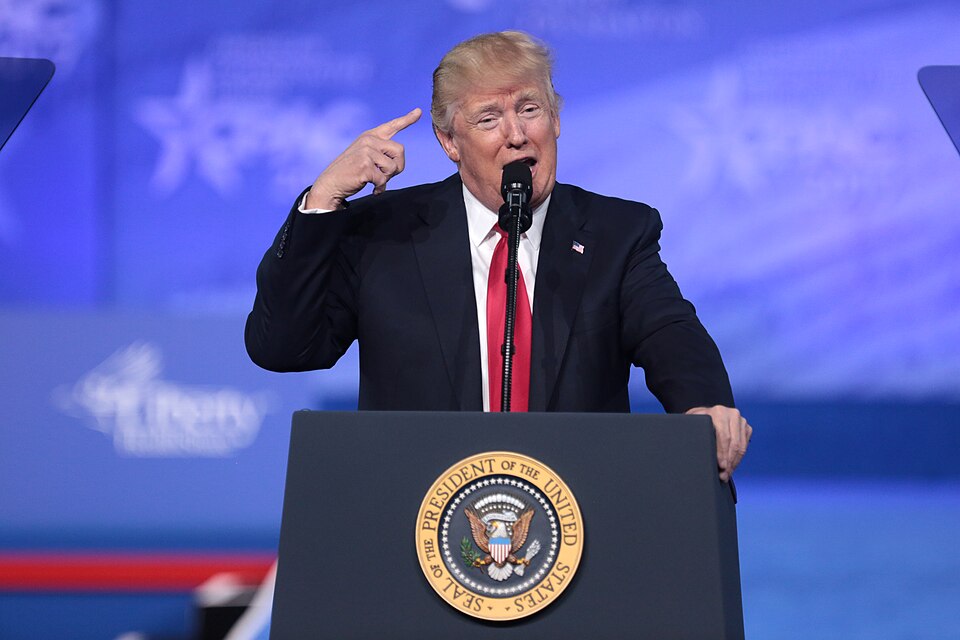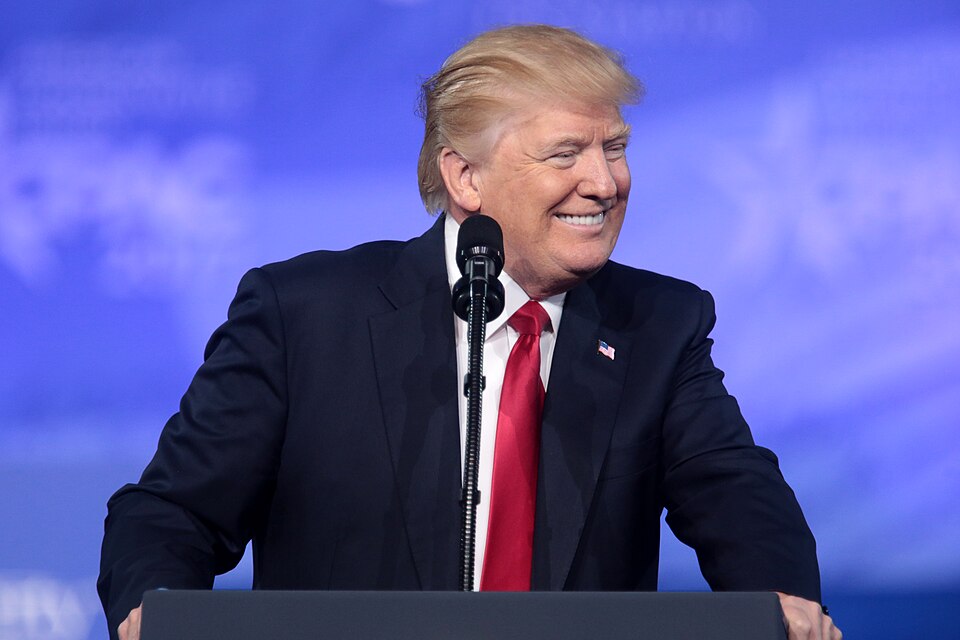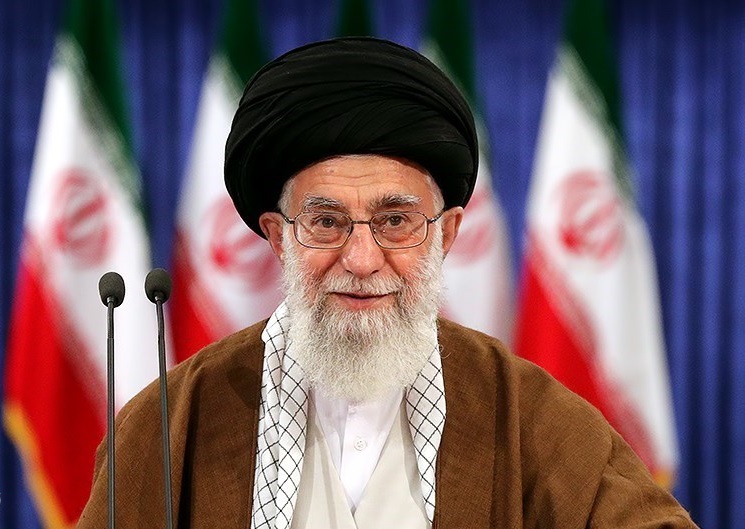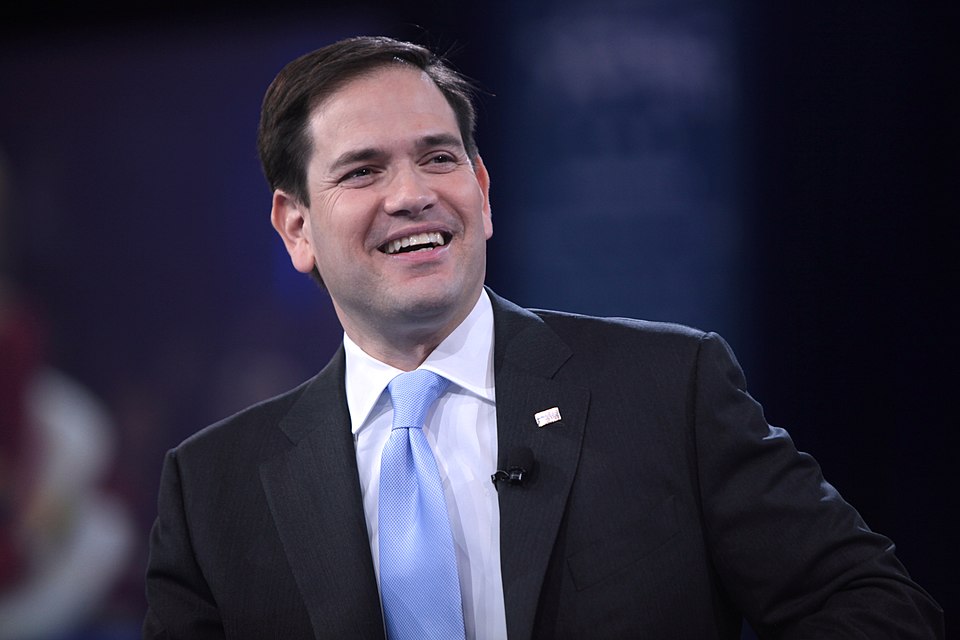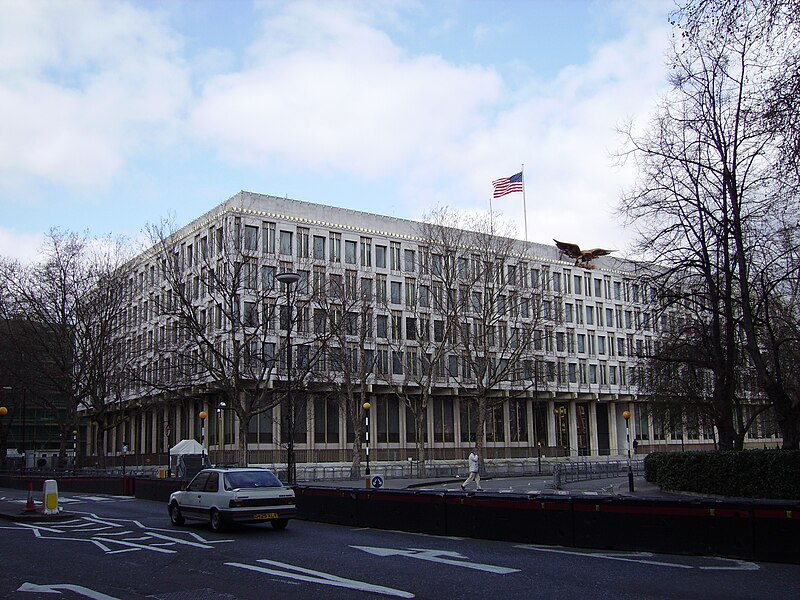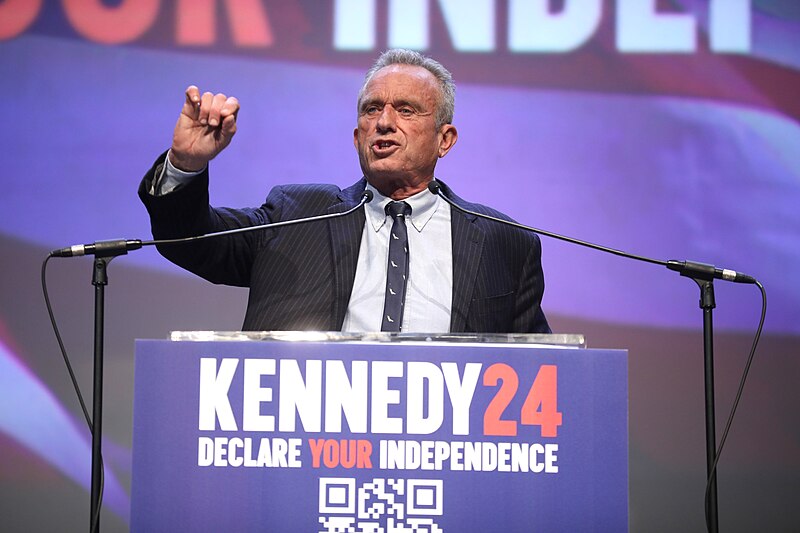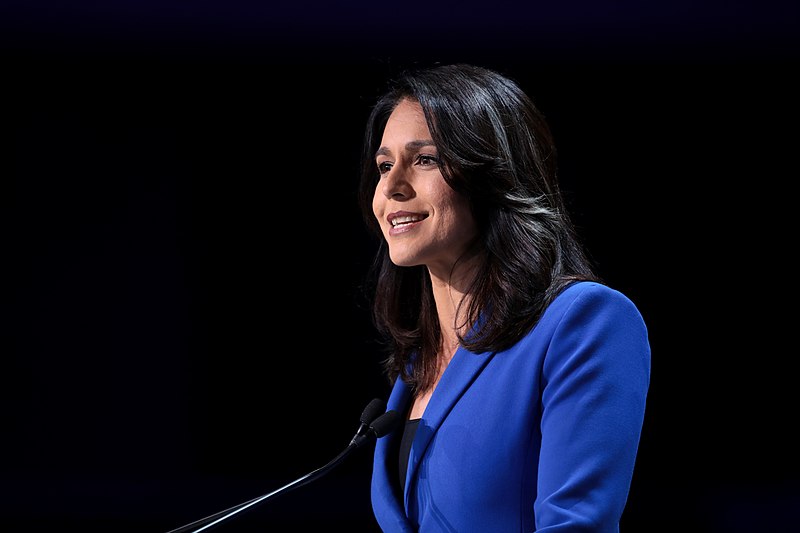
President-elect Donald Trump's incoming national security adviser announced on Thursday that the new administration is prepared to prevent TikTok from being banned in the United States
if a viable deal is on the table. This decision could offer a lifeline to the popular video-sharing app, owned by Chinese company ByteDance.
TikTok, which boasts over 170 million American users, faces a potential shutdown on Sunday, just a day before Trump’s inauguration, under legislation requiring the app to transition to non-Chinese ownership due to national security concerns.
“We will implement measures to ensure TikTok doesn’t go dark,” U.S. Representative Mike Waltz, Trump’s pick for national security adviser, told Fox News. Waltz highlighted a provision in the law that allows for a 90-day extension if substantial progress is made toward divestiture.
“This essentially gives President Trump the time needed to keep TikTok operational,” Waltz explained.
Calls for More Time
Senate Democratic Leader Chuck Schumer also voiced support for an extension. Speaking on the Senate floor, Schumer acknowledged TikTok’s security concerns but emphasized the need for more time to resolve ownership issues.
“It’s clear we need more time to find an American buyer and avoid disrupting the lives of millions of users,” Schumer said, noting that Democrats attempted to pass a bill extending the deadline by 270 days. “I will work with the Trump administration and bipartisan leaders to ensure we protect national security while keeping TikTok alive.”
Schumer’s remarks underscore the growing bipartisan apprehension about the political and social ramifications of banning TikTok, particularly given its immense popularity among younger Americans.
Trump’s Evolving Stance on TikTok
Initially supportive of banning the app, Trump shifted his position last year, influenced by outreach from tech executives and Republican donor Jeff Yass, a significant ByteDance shareholder. During his campaign, Trump embraced TikTok as a tool to connect with younger voters.
The New York Times reported on Thursday that Trump is considering an executive order to allow TikTok to operate temporarily while new ownership negotiations proceed. However, legal experts question whether Trump has the authority to bypass the divestiture requirements mandated by Congress.
Concerns Over National Security
Despite potential compromises, many lawmakers remain wary of TikTok’s Chinese ownership. Critics fear the Chinese government could exploit the app to collect data on U.S. citizens or disseminate propaganda.
“Trump once advocated banning TikTok over security risks,” tweeted Representative Frank Pallone, a leading Democrat on the Energy and Commerce Committee. “Now he’s inviting TikTok’s CEO to his inauguration, despite the app’s ties to the CCP. This sends a troubling message.”
A Sign of Diplomacy
In a gesture that could signal improved relations, TikTok CEO Shou Zi Chew is expected to attend Trump’s inauguration and sit among prominent invitees, according to sources familiar with the matter.
Nonetheless, skepticism persists. Some users have already begun migrating to alternative platforms, with the Chinese-owned app RedNote reportedly gaining 3 million U.S. users in a single day earlier this week.
Legal and Operational Uncertainty
TikTok is preparing to cease U.S. operations on Sunday unless an eleventh-hour solution is reached, sources told Reuters. The U.S. Supreme Court is deliberating whether to uphold the law enforcing the ban, overturn it, or issue a temporary pause to allow more time for negotiations.
ByteDance, a privately held company, is approximately 60% owned by institutional investors, including BlackRock and General Atlantic. Its U.S. operations employ over 7,000 workers.
A spokesperson for the Trump transition team stated, “President Trump has made it clear he wants to save TikTok. If anyone can make a deal happen, it’s him.”
As the deadline approaches, TikTok’s fate hangs in the balance, leaving millions of users and employees waiting for clarity. Photo by Solen Feyissa, Wikimedia commons.
